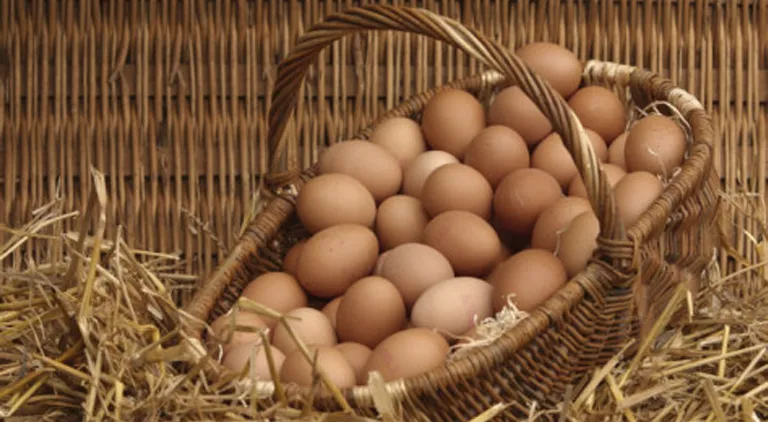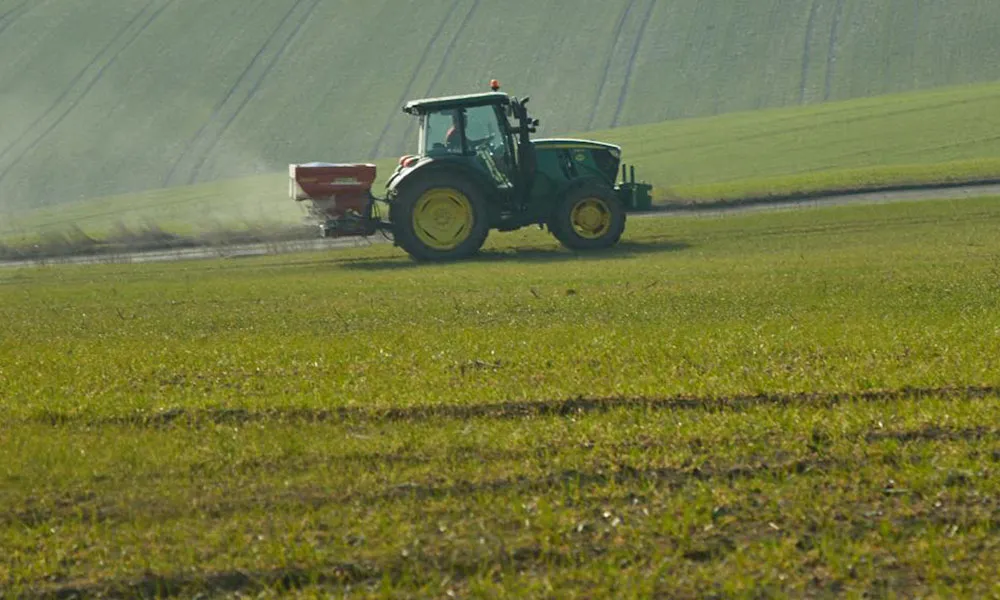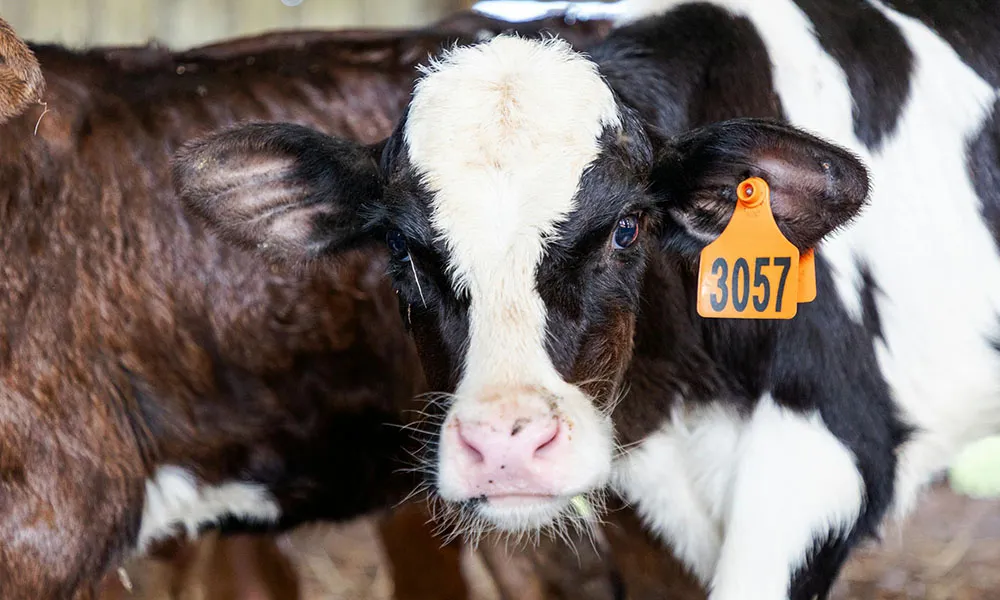
In years gone by every farm kept chickens. They provided the household with valuable food in the form of Eggs and meat and an additional source of income or more often in this country a bargaining chip.
I once spoke to an old man who used to have a mobile shop that travelled through the countryside selling tea, sugar and other groceries to farms around the country. Often he would accept eggs, milk and even the occasional knitwear as barter for these goods that he would then bring and sell in the towns. He told me with a wry smile that my great grandmother was the bane of his life as she would turn up with so many eggs that he would not only have to exchange the groceries but give her additional money or credit.
This “egg money” was the farmer’s wife’s only income in a time when the man of the house often controlled the money. The American singer/songwriter Susan Werner even wrote a humorous song about this phenomenon simply titled “Egg Money” which gives a good insight into the importance of the hens to the farmer’s wife, though with a slightly sinister twist!
Unfortunately due to factory farming reducing the price of eggs to below a cost of keeping chickens on the farm, then the scare mongering around salmonella and cholesterol in eggs, the amount of chickens wandering our farmyards decreased dramatically to where they became almost nonexistent. Only a few hobbyists around the country kept alive the tradition against all the odds. Chickens, one of the most useful creatures on a farm, became the outcast of the farm yard where once they dominated the scene.
However recently there has been a resurgence of the humble chicken. Many consumers, now more interested in animal welfare, are turning away from factory farmed eggs, willing to pay extra for their eggs if they can guarantee that the birds are kept in more humane conditions.
In addition the fears of eggs causing high cholesterol have been disproven and there is less concern around salmonella in fresh farm eggs. As a result more and more people are starting to keep their own chickens around the yard. Even non farmers are getting in on the act with people keeping four or five chickens in their garden. The main reason people are keeping chickens however is that the benefits go far beyond having cruelty free eggs or meat.
Having chickens in the yard can help your family reduce its food waste as they will eat any scraps you have to offer, they help reduce food miles meaning you can reduce your carbon footprint, (which in a world where carbon taxes are threatened is always a plus) and for any garden enthusiast they offer cheap weed and pest control, and of course the free fertiliser.
The most interesting benefit of keeping chickens comes in the mental health benefits. In a time where depression and mental health disorders have seen a huge increase, studies have shown that keeping chickens can help reduce stress and depression. Tending chickens releases oxytocin, a stress lowering hormone; it also reduces blood pressure and decreases feelings of loneliness.
So much so that in Clea Danaan’s book, Zen and the Art of Raising Chickens: The Way of the Hen, she looks at how chicken watching increases our mindfulness skills. There is a theory that much of our problems in the modern world, particularly in terms of mental health is due to a detachment from the natural world. Caring for chickens gets us outside regularly, and watching their methodical scratching and foraging around the yard slows us down and grounds us in the present natural world, that provides a meditative experience that can be difficult to achieve in our busy day-to-day lives, particularly in urban settings. There are even instances where keeping chickens has been prescribed to those suffering from depression.
That’s some workload for the humble chicken. And it’s not just hens, but ducks and other poultry. There’s a reason films always show people finding calm peace of mind by feeding the ducks in the park! What do I need to keep Poultry? Despite the increased interest in poultry keeping there are still a lot of people who don’t know what is involved in keeping chickens so here are some of our tips:
- Get the accommodation in place before getting your birds. The good news is that this isn’t difficult. There are plenty of places to buy a good hen house online or if you’d prefer there are plenty of DIY sites that will show you how to build your own. You will need to know how many birds your house can hold so as not to overcrowd it. Make sure it is predator proof and lockable so that the fowl can be closed in at night. The floor should preferably be even and easy to clean. Nest boxes and roosts should be provided, as should a good layer of bedding. Straw or sawdust is the most commonly used.
- If you do not want your chickens to wander all over the yard or garden you will need a chicken run. This can be fenced with regular wooden posts and mesh wire or an increasingly popular option is the Electric poultry wire as it is easy to use and can be moved easily once an area has become overgrazed by the chickens. It does however require an electric fencer which will increase initial cost.
- You will want feeders and drinkers in place. An old biscuit tin and a bucket will suffice however the ideal option is the specially designed feeders and drinkers found here as they prevent wastage of feed, help prevent rodents and prevent contamination of the food and water. I have found they are well worth the investment.
- Keeping the house clean is the biggest chore when it comes to looking after your poultry. You will need to clean the house at least once a week, depending on what poultry you have (ducks tend to be very messy!), the size of the house and the number of birds. Ideally you should disinfect the house regularly. Spreading hydrated lime before every second or third cleaning is good practice. A disinfectant such as the one found here, should ideally be used at least once a year but ideally every two months to prevent disease and parasite infestations.
- An important thing to provide in all non water bird enclosures is access to grit or sand, especially if you are keeping them in a garden you don’t want to be dug up. You can purchase specially designed grit and oyster shell mixtures or just buy sand or ground stone. Many suggest ground limestone offers most health benefits but I find that this can coagulate when wet and become very hard so you will either have it under cover or mix it with builder’s sand. The birds eat grit to help break down food in their gizzards and having a supply available will reduce the amount of damage they do to a garden scratching to find their own.
- The last thing to watch out for is the bird’s health. Worms can be a nuisance but are very easy to treat with any of the products found here. A good idea is to supplement them with Nutri drops every few weeks. This will help keep your birds immune systems up and reduce the likelyhood of infestation or disease.
So that’s my tips. Hopefully they will be of use to some of you and you will soon be enjoying the benefits of chickens in your life.
RGA










